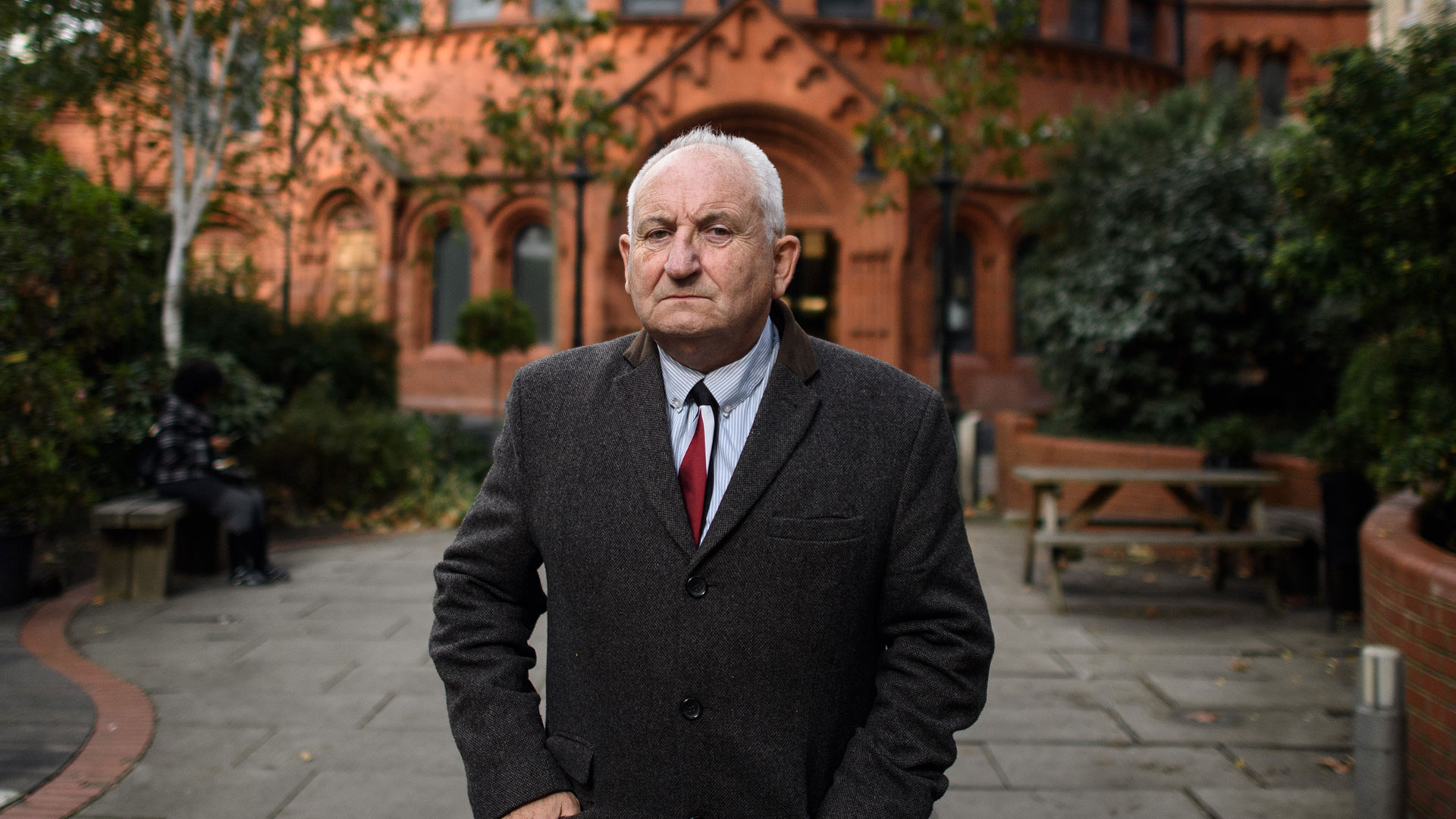The revolution beckons. But it may not look like the French, Russian or Industrial revolutions. Rather, it may be a revolution of thought; an incredible leap in our understanding which will allow us to start solving problems across different societies and countries.
Such a revolution may allow us to use childhood education as a tool for bettering the lives of all children – without leaving 37 per cent behind as we currently do. A revolution in thinking may enable us to tackle drug problems, drunkenness, obesity and crime – as well as the problem of the deep-seated need of expressing ourselves through competitive purchasing: consumerism.
Perhaps this revolution in thought will enable governments and political leaders to realise that if the box is not thinking correctly then ‘thinking outside the box’ is simply another demonstration of how clever human beings are and how inventive they can be in all circumstances.
To change the thinking inside the box there must be a major shift in the way government departments function, how they allocate their budgets, and how they co-ordinate across departments. If that happened, any problem – whether it be homelessness, crime or child abuse – would not be seen in an isolated way. Whereas today, we see issues and deal with issues as distinct and isolated; we don’t see issues in health for instance as reflecting and being part of the failures in other areas like crime and education.
I have rarely met a homeless person whose sole problem was that they didn’t have anywhere to live
The melding of governmental activity into a multi-agency, multi-disciplinary response to a problem is still in its infancy; but hey, we may still have this leap in understanding which would allow us to dismantle a problem from all angles.
I have rarely met a homeless person whose sole problem was that they didn’t have anywhere to live – it is usually just the most obvious sign of some other crisis. When you delve deeper you find educational underachievement, an insecure or difficult family life, drink or drug problems; and of course, the great equaliser – mental health problems.









